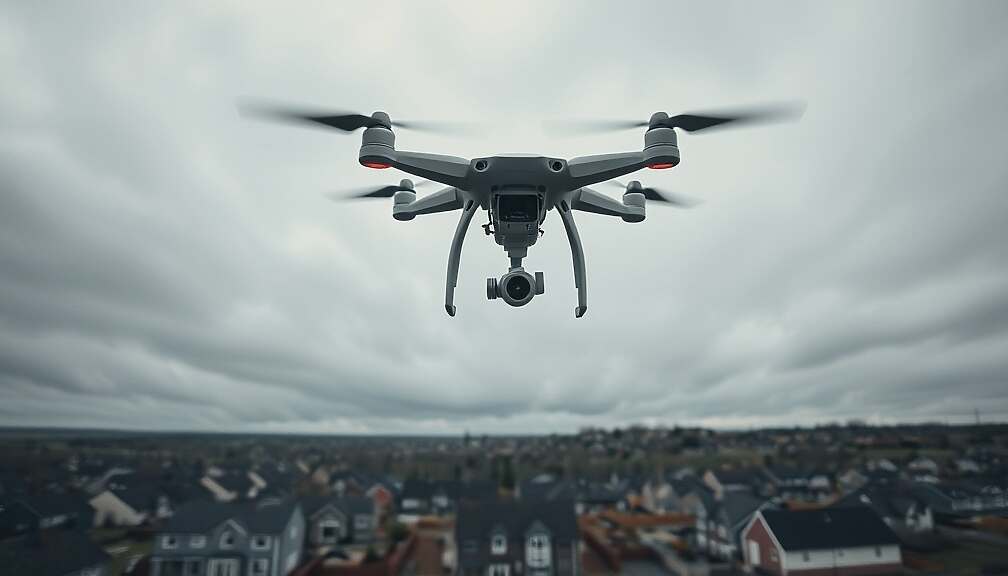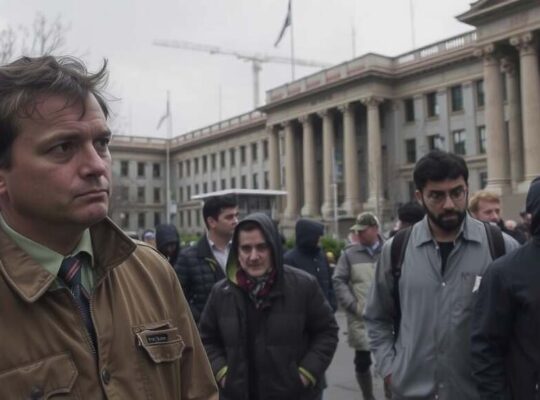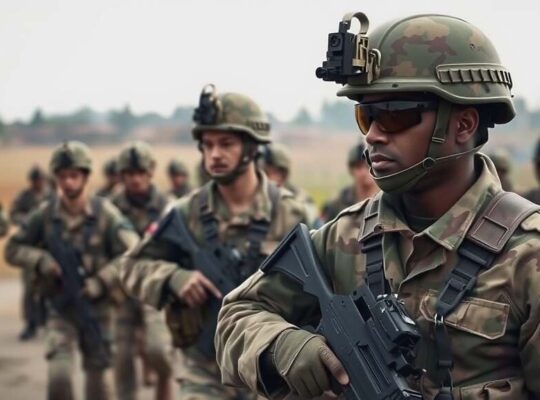The frequency of suspected drone sightings continues to escalate across Germany, raising serious concerns about national security and prompting a swift, albeit reactive, response from the government. According to data obtained by “Der Spiegel”, the Federal Criminal Police Office (BKA) has recorded approximately 850 unauthorized drone overflights of sensitive locations – including military installations, arms manufacturers and critical infrastructure such as energy providers and waterworks – since the beginning of the year through mid-October.
The incidents are not isolated occurrences. Just last week, four drones were detected flying over a Bundeswehr training facility in Gnoien, Mecklenburg-Vorpommern, where German specialists were actively training Ukrainian soldiers in missile defense techniques. The inability of both the Bundeswehr and local police to intercept these drones highlights a critical vulnerability in Germany’s security apparatus. Authorities have initiated investigations under suspicion of “endangering state security through the depiction of military installations” although the perpetrators remain unknown.
The latest surge in drone incursions has prompted Federal Interior Minister Alexander Dobrindt of the CSU to advocate for enhancements to Germany’s drone defense capabilities. Plans are underway to establish a dedicated center within the Federal Police Directorate 11 in Berlin, tasked with monitoring and responding to unauthorized drone activity. Significantly, Dobrindt has also indicated that, should existing police resources prove insufficient, the Bundeswehr – Germany’s armed forces – may be authorized to engage and neutralize drones in certain circumstances.
This prospect, while presented as a necessary escalation, raises complex legal and logistical questions. Granting the military a broader mandate to engage civilian drones risks blurring the lines between law enforcement and military action, potentially leading to unintended consequences and raising concerns regarding privacy and civil liberties. Critics argue that the government’s response has been primarily reactive and that a more proactive strategy is needed, including enhanced surveillance technologies, stricter regulations regarding drone operation and increased funding for intelligence gathering to identify and apprehend those responsible for these escalating security threats. The sudden need to involve the military also underscores the lack of comprehensive planning and resources dedicated to addressing the growing challenge of drone proliferation and its potential for misuse.












